The Rise of AI Lie Detectors: Revolutionizing Truth Verification or Ethical Minefield?
In an era where discerning truth from falsehood has become increasingly challenging, artificial intelligence is stepping in with a bold promise: to revolutionize lie detection. But as AI-powered truth verification tools gain traction, they’re sparking a heated debate about accuracy, ethics, and the future of human trust. Let’s dive into this cutting-edge technology and explore its potential impact on society.
The Evolution of Lie Detection
Traditional polygraph tests, long considered the gold standard in lie detection, have faced criticism for their limitations and potential for error. Enter AI lie detection technology – a new approach that leverages machine learning and natural language processing to analyze speech patterns, facial expressions, and other subtle cues that humans might miss.
The Promise of AI in Deception Detection
Recent research, including a study published in the journal iScience, demonstrates the potential of AI in outperforming humans in lie detection tasks. In this study, researchers developed an AI tool based on Google’s BERT language model, which achieved a 67% accuracy rate in distinguishing truth from lies – significantly better than the average human’s 50% success rate.
Dr. Alicia von Schenk, lead researcher on the project, explains: “Our AI system can detect subtle linguistic patterns and inconsistencies that are often imperceptible to human observers. This opens up new possibilities for enhancing truth verification across various fields.”
How AI Lie Detectors Work
Unlike traditional polygraphs that measure physiological responses, AI-powered lie detection systems focus on:
- Language Analysis: Examining word choice, sentence structure, and narrative consistency.
- Vocal Patterns: Analyzing pitch, tone, and speech rhythm variations.
- Facial Micro-expressions: Detecting fleeting facial movements that may indicate deception.
- Body Language: Assessing posture, gestures, and other non-verbal cues.
By combining these data points, AI systems can provide a more comprehensive analysis of potential deception.
Potential Applications and Implications
The implications of reliable AI lie detection are far-reaching:
1. Law Enforcement and Security
AI lie detectors could revolutionize criminal investigations, border security, and counterterrorism efforts. However, concerns about privacy and civil liberties must be carefully addressed.
2. Human Resources and Recruitment
Companies might use AI tools to verify information on resumes or during interviews. This raises questions about fairness and the right to privacy in the job application process.
3. Media and News Verification
In an age of misinformation, AI could help identify false news stories and verify sources. But this also raises concerns about AI potentially being used to censor or manipulate information.
4. Personal Relationships
While not recommended, the availability of AI lie detection apps could tempt individuals to use them in personal relationships, potentially eroding trust and privacy.
Ethical Concerns and Limitations
Despite its potential, AI-powered lie detection faces several challenges:
1. Accuracy and Reliability
Even with a 67% accuracy rate, there’s still a significant margin for error. In high-stakes situations, such as criminal proceedings, this level of uncertainty could have serious consequences.
2. Bias and Fairness
AI systems can inadvertently perpetuate biases present in their training data, potentially discriminating against certain groups or individuals.
3. Privacy Concerns
The use of AI to analyze personal communication raises significant privacy issues, especially if implemented without consent.
4. The Human Element
Dr. Emily Rodriguez, an ethics researcher at the AI Institute, warns: “We must be cautious about over-relying on AI for truth verification. Human interaction and judgment remain crucial in understanding context and nuance in communication.”
The Future of AI in Lie Detection
As AI technology continues to advance, we can expect:
- Improved Accuracy: Future systems may achieve higher accuracy rates, potentially reaching or surpassing 90%.
- Integration with Other Technologies: Combining AI with brain imaging or advanced biometrics could enhance lie detection capabilities.
- Regulatory Frameworks: Governments and organizations will likely develop guidelines for the ethical use of AI in lie detection.
- Public Debate: As these technologies become more prevalent, expect increased discussion about their societal impact.
Conclusion: A Double-Edged Sword
AI-powered lie detection represents a significant leap forward in our ability to discern truth from falsehood. However, it also presents a complex ethical landscape that society must navigate carefully. As we move forward, it’s crucial to balance the potential benefits of this technology with robust safeguards to protect individual rights and maintain the foundations of human trust.
As AI continues to reshape our approach to truth verification, one thing is clear: the conversation about its role in society is just beginning. It’s up to us to shape a future where technology enhances, rather than erodes, our ability to communicate and trust one another.
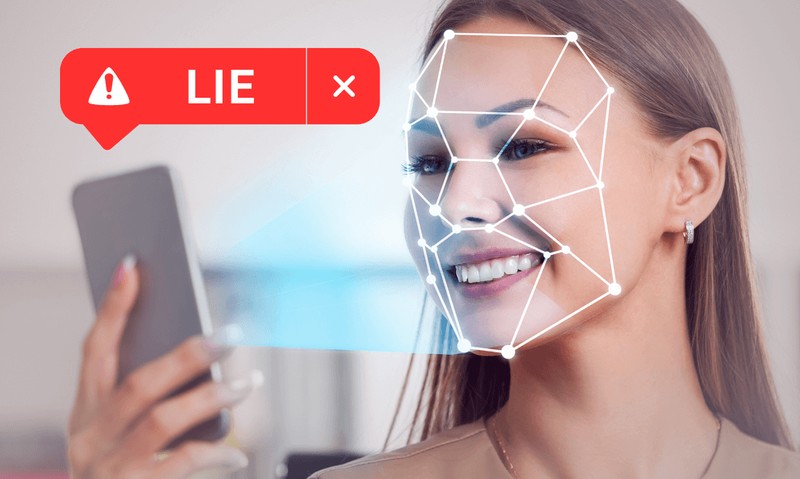
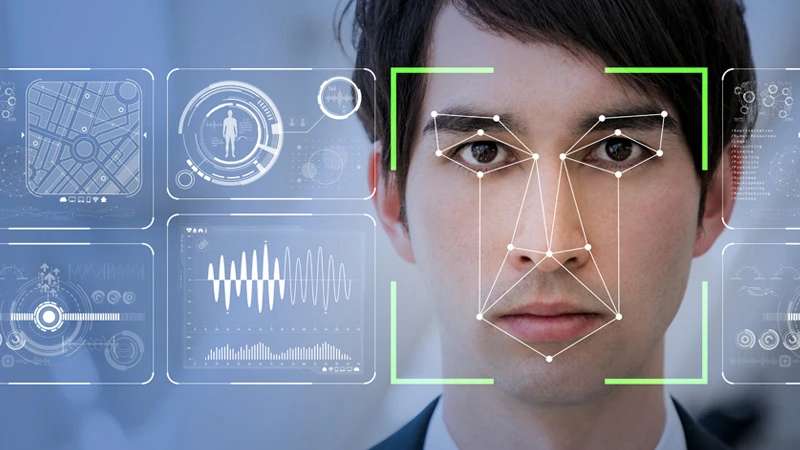
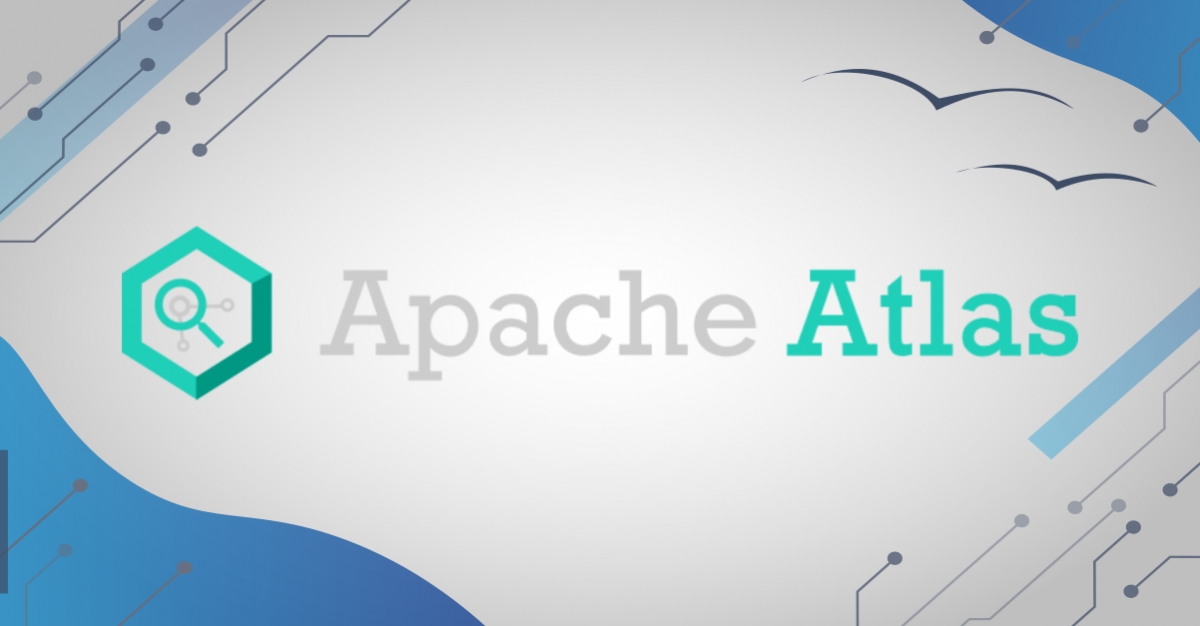

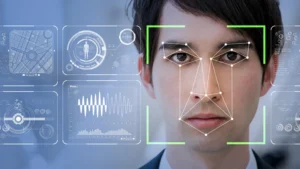
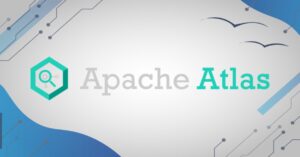

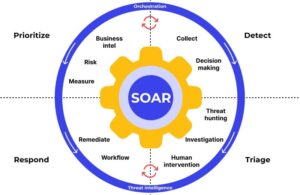

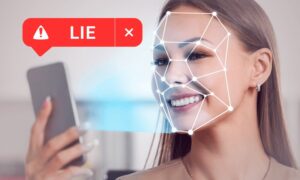
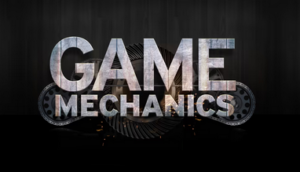
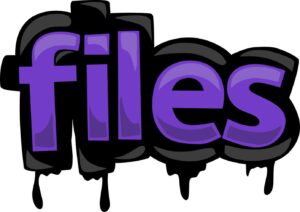


Post Comment